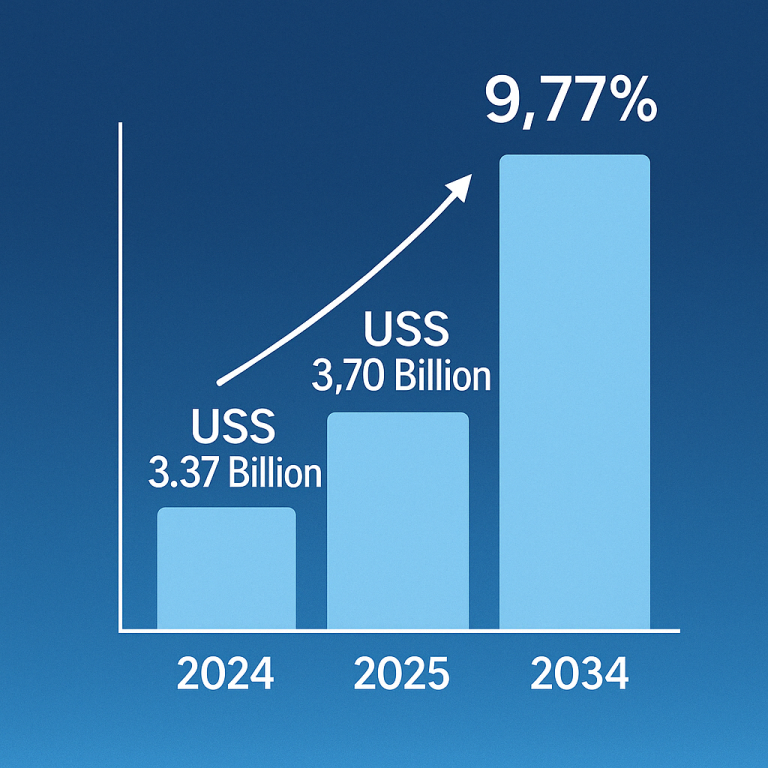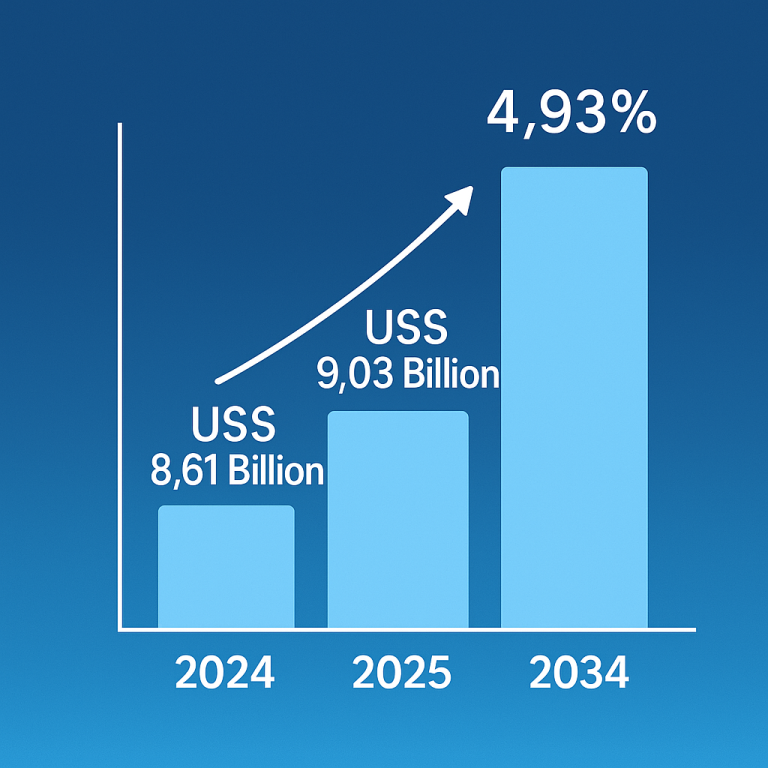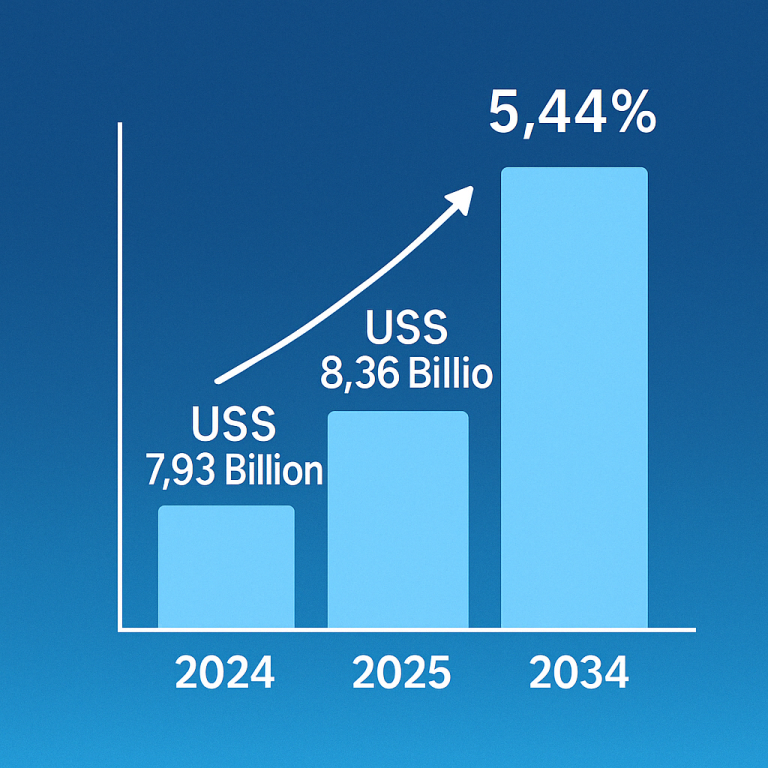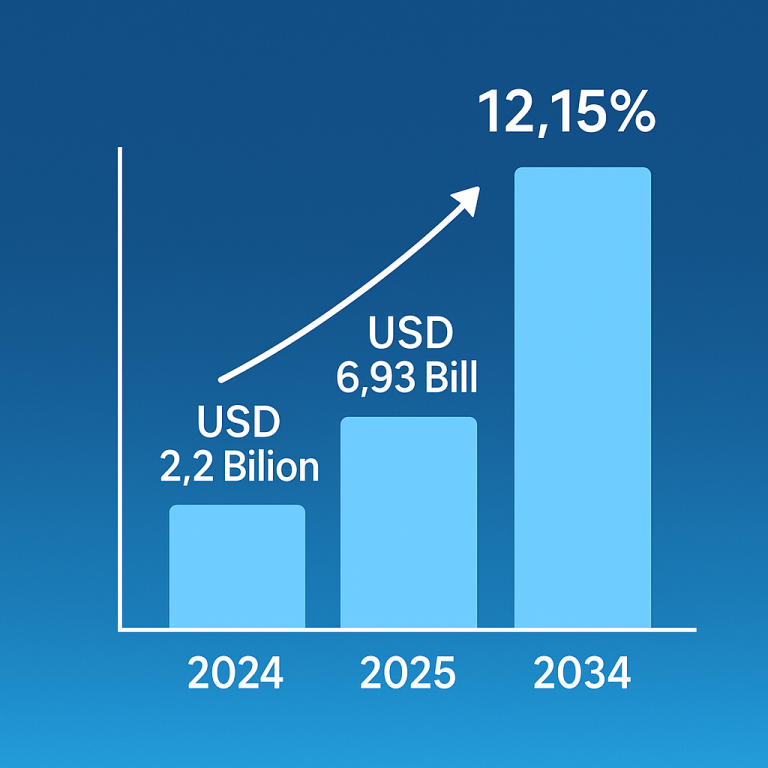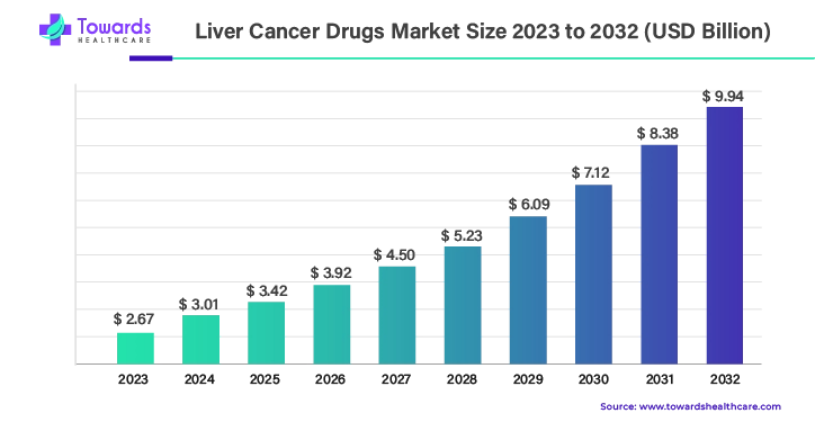
The liver cancer drugs market stands as a beacon of innovation and progress. With a staggering value of USD 2.67 billion in 2023, this market segment has been on an upward trajectory, promising significant growth potential in the coming years. As we delve into the intricacies of this market, it becomes evident that its projected value of USD 9.94 billion by 2032 is not merely a statistical forecast but a testament to the relentless pursuit of advancements in medical science and therapeutics.
For report related queries, feel free to reach us @ https://www.towardshealthcare.com/personalized-scope/5146
Report Highlights:
Liver cancer poses a significant public health concern due to its high mortality rate, with over 800,000 deaths annually, making it the fourth leading cause of death globally. The disease exhibits a low 5-year survival rate of 30%–35% post-diagnosis, with hepatocellular carcinoma being the most prevalent type, accounting for approximately 90% of cases. Other types such as hepatoblastoma and intrahepatic carcinoma are less common. While the exact cause of liver cancer is not fully understood, chronic hepatitis infections, particularly hepatitis B and hepatitis C, are known risk factors.
For example, in 2019, the World Health Organization (WHO) estimated that 296 million people worldwide were living with chronic hepatitis B infection, with 1.5 million new cases reported annually. Hepatitis B is responsible for a significant number of deaths, primarily due to hepatocellular carcinoma and liver cirrhosis. Treatment options for advanced liver cancer include various medications and immunotherapy for first-line treatment, while second-line treatments involve chemotherapeutic agents derived from natural and synthetic sources. Common first-line treatments include sorafenib and lenvatinib, while regorafenib and ramucirumab are among the second-line options. Treatment selection typically depends on the stage of the disease. Tyrosine kinase inhibitors (TKIs) have shown promise in prolonging survival and improving outcomes, especially in patients with unresectable hepatocellular carcinoma, including those who have undergone immunotherapy. Surgical interventions such as hepatectomy and liver transplantation, as well as ablation and radiation therapy, are also viable options.
The exponential growth projected for the liver cancer drugs market can be attributed to a myriad of factors, each playing a pivotal role in shaping its trajectory. One such factor is the rising incidence of liver cancer globally, fueled by lifestyle changes, prevalence of hepatitis B and C infections, and environmental factors. Moreover, advancements in diagnostic techniques have led to early detection, thereby increasing the demand for effective treatment options.
The landscape of liver cancer therapeutics is witnessing a paradigm shift, with a plethora of innovative drugs making their way into the market. From targeted therapies and immunotherapies to combination regimens, pharmaceutical companies are leaving no stone unturned in their quest to combat this formidable disease. Key players are investing heavily in research and development, with a focus on novel mechanisms of action and personalized medicine approaches.
Geographical Differences of Liver Cancer
In recent decades, the prevalence of non-infectious diseases has surged despite significant strides in prevention and control. Liver cancer, ranking second in cancer-related deaths globally, has become the sixth most common cancer in Asia. In 2020, Asia reported approximately 609,596 new cases, constituting about 72.5% of global liver cancer diagnoses.
Regional disparities are notable, with sub-Saharan Africa and East Asia experiencing the highest rates, each with distinct underlying causes. Wealthier nations have witnessed a decline in liver cancer cases due to widespread adoption of viral hepatitis treatments and vaccination initiatives. Conversely, low-income nations are seeing a rise, often attributed to unsafe injection practices and the prevalence of viral hepatitis.
Liver Cancer Drugs Market Players
- Bayer AG
- Bristol-Myers Squibb Company
- Eisai Co., Ltd.
- Exelixis, Inc.
- Merck KGaA
- Pfizer Inc.
- Eisai Inc.
- Eli Lilly and Company
- F. Hoffmann-La Roche Ltd.
Liver Cancer Drugs Market Segments
By Drug Class
- Targeted Therapy
- Bevacizumab
- Cabozantinib
- Lenvatinib
- Ramucirumab
- Regorafenib
- Sorafenib
- Other Targeted Therapies
- Immunotherapy
- Atezolizumab with Bevacizumab
- Nivolumab with Ipilimumab
- Pembrolizumab
- Durvalumab with Tremelimumab
- Other Immunotherapies
- Chemotherapy
- Gemcitabine
- Oxaliplatin
- Cisplatin
- Doxorubicin
- 5-fluorouracil
- Capecitabine
- Mitoxantrone
- Other Chemotherapies
By Distribution Channel
- Hospital Pharmacy
- Retail Pharmacy
- Online Pharmacy
By Geography
- North America
- Europe
- Asia Pacific
- Middle East and Africa
- South America
To own our research study instantly, Click here @ https://www.towardshealthcare.com/price/5146
Read more about Liver Cancer Drugs Market:
Unlock Infinite Advantages: Subscribe to Annual Membership
You can place an order or ask any questions, please feel free to contact us at sales@towardshealthcare.com
About Us
Healthcare Web Wire is a premier subsidiary of Towards Healthcare, dedicated to providing comprehensive insights and information related to the healthcare industry. With a commitment to delivering accurate and timely updates, Healthcare Web Wire serves as a vital resource for professionals, enthusiasts, and stakeholders within the healthcare sector. Our platform serves as a central hub for the latest news, trends and developments shaping the healthcare landscape. Join us on Healthcare Web Wire and become part of a vibrant community dedicated to advancing healthcare knowledge and shaping the future of healthcare worldwide.
Explore the comprehensive statistics and insights on healthcare industry data and its associated segmentation: Get a Subscription
For Latest Update Follow Us: https://www.linkedin.com/company/towards-healthcare
